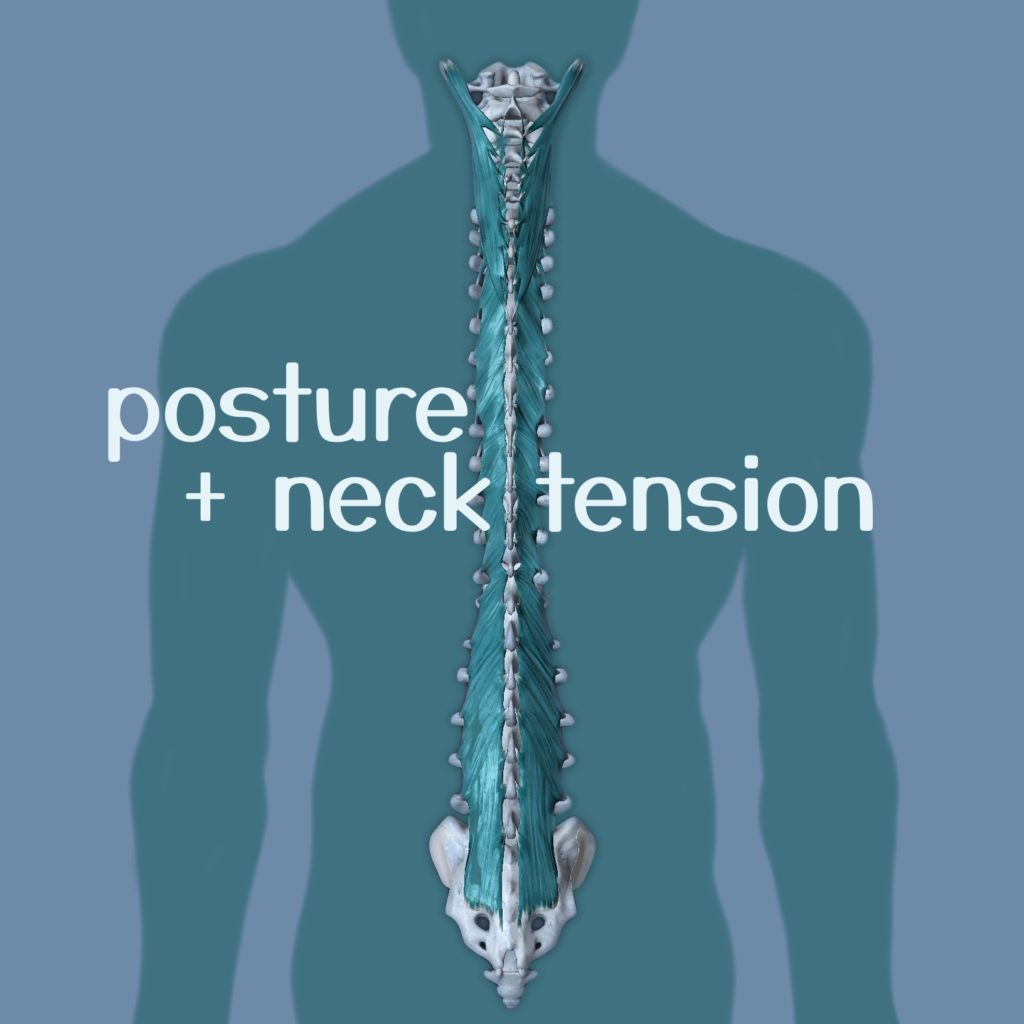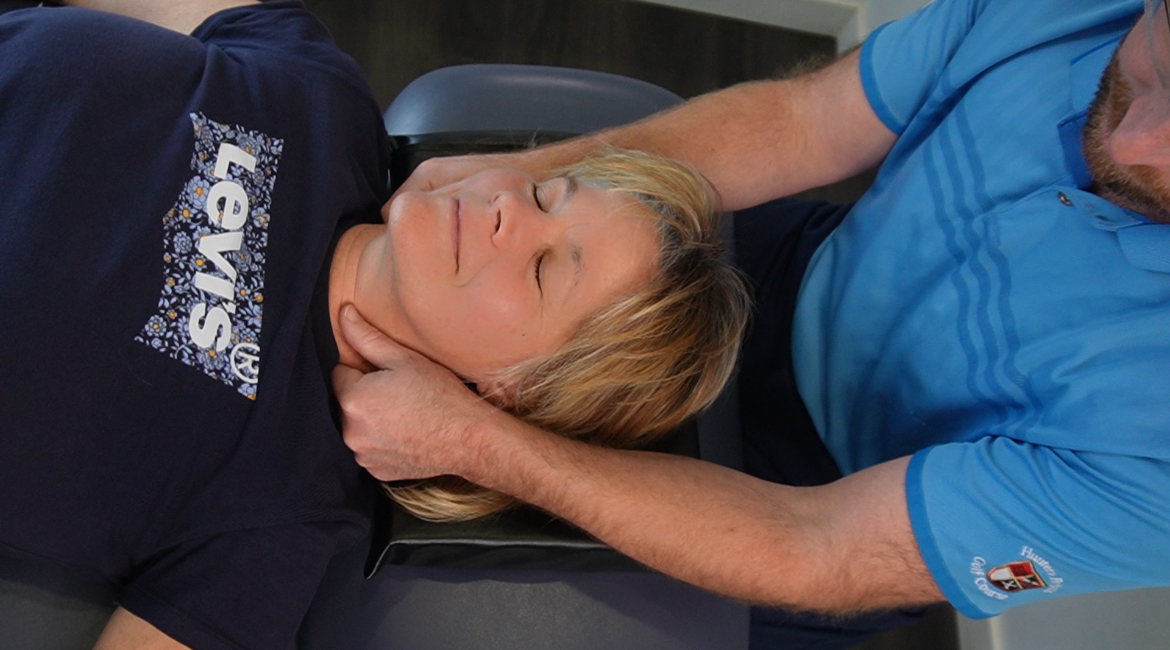the blog
learn with us
Your Neck Pain Explained!
Your Neck Pain Explained!
How posture can improve your neck pain
Neck pain is one of the most common symptoms that bring people in to get physio and osteopathic treatment. Technology has created conditions such as “text-neck” and computers have become a major part of most jobs where you spend all day slouching and staring at a computer screen. If you’re not paying attention to your posture throughout the day, you may develop dysfunctions that relate to your neck pain. Poor posture and a weak core can lead to, not only neck pain, but migraines, headaches, lymph stagnation and nerve irritation. But don’t worry, our Physio and Osteopathic Practitioner are here to help!
A proper assessment by our Physio or Osteopathic Practitioner will determine the cause of your neck pain
Your neck and head are located on top of your spine (last link in the chain so to speak) so you will feel pain here when something below it is lacking structure and stability. Most patients just want their neck released through Osteopathic techniques or gua sha (follow the links to check out our instagram highlights for physio and osteo treatment videos), which both feel great but in order to treat the cause (which typically isn’t in the neck), we usually need to make corrections to your pelvis, mid or low back.

Everything is connected!
For example, if you slouch all day at your desk and experience neck pain, you may have a weak core. This weakness in your low back and pelvis leads to a compensation in the neck where you feel the pain. Just to give you some visual context, the erector spinae and multifidus muscles (muscles that move and stabilize the spine) run along the entire length of your spine from the sacrum to the skull. In a healthy spine, every muscle fiber throughout the spine works together to distribute the load evenly. On the other hand, an unhealthy spine does not distribute the load evenly, and your body will compensate by tightening the neck muscles to create stability in your lower back.
Anatomy and Physiology are interrelated
But enough of the boring structure talk and let’s get into the stuff that will make you feel better. Here at The Health Space, we try to link your physical pain to your overall health and well being. Structure and function are interrelated. A tight muscle or fascia, twisted bone or irritated ligament can alter your internal balance and make you feel unwell. This can lead to physiological changes, not just pain. Altered structure can impede your circulation through the arteries, veins and lymphatics or cause nerve irritation.
People with neck issues may not realize this but your “stiff neck” may be linked to your migraines/headaches, issues with your eyes, ears or sinuses, or symptoms affecting your thyroid, heart, lung and digestive tract. The tightness you feel may be negatively affecting the vessels and nerves that regulate these areas.
There are some pretty important physiologic structures that pass through your neck – ie nerves, arteries, veins and lymphatics (NAVL). Tightness in and around your neck and head can disrupt the NAVL to all these organs causing sickness and disease. One of the most important and longest nerves in your body, the Vagus nerve, innervates your throat, heart, lungs and abdominal organs. It’s a cranial nerve that originates in your brain and travels through your neck. It enters your thoracic cage, pierces your diaphragm (importance of proper breathing) and terminates in your abdomen, innervating the heart, lungs and eventually your abdominal organs. It’s possible that irritation to this nerve can cause altered function in your heart, lungs and digestive systems. When we treat someone with a neck problem, we aren’t only thinking about your neck pain. We are thinking about how your neck pain may be influencing your overall health and how we can improve your quality of life.
Our Osteo and Physio are Here to Help you!
If you are experiencing neck pain, migraines, tension headaches or other symptoms associated with your ears, eyes, nose or throat, considered getting your neck checked out by our Osteopath (Curt) or Physiotherapist (Krista). Click here to go to our online booking system or here to learn more about us.

on instagram
You can find us at
17817 Leslie St, Unit 45
Newmarket, ON.
905-630-2129
by appointment only
Our office is by appointment only. We do not have a receptionist on site answering phone calls. The quickest way to book an appointment is online.
curt@thehealthspace.ca
Copyright © 2025 The Health Space